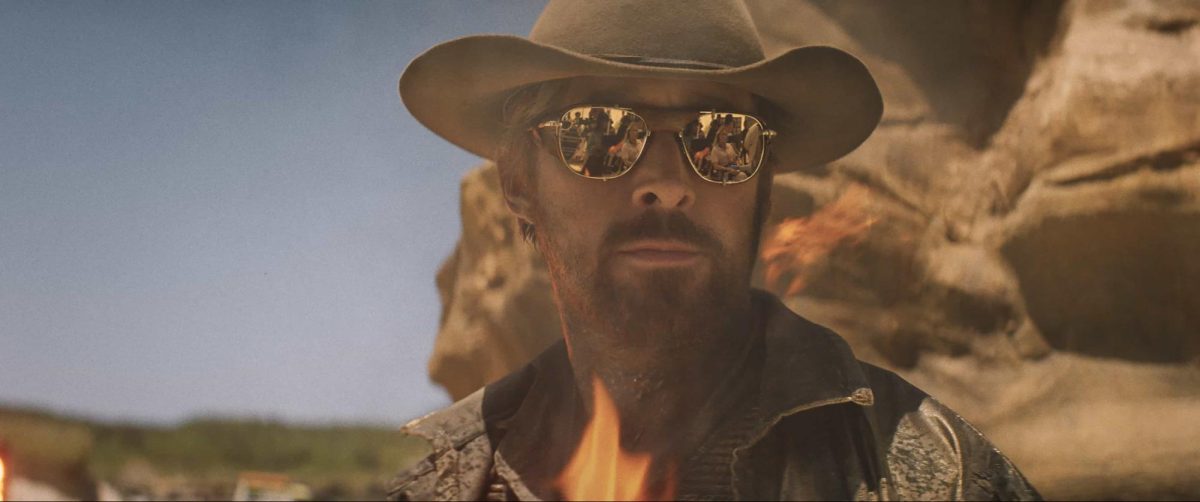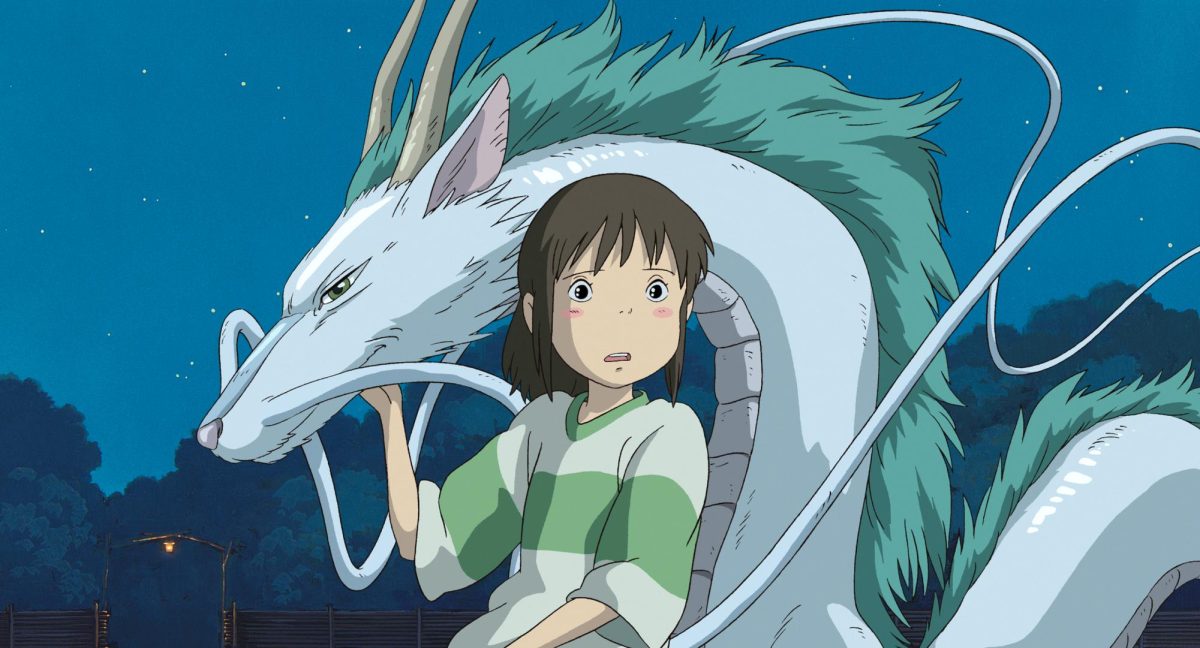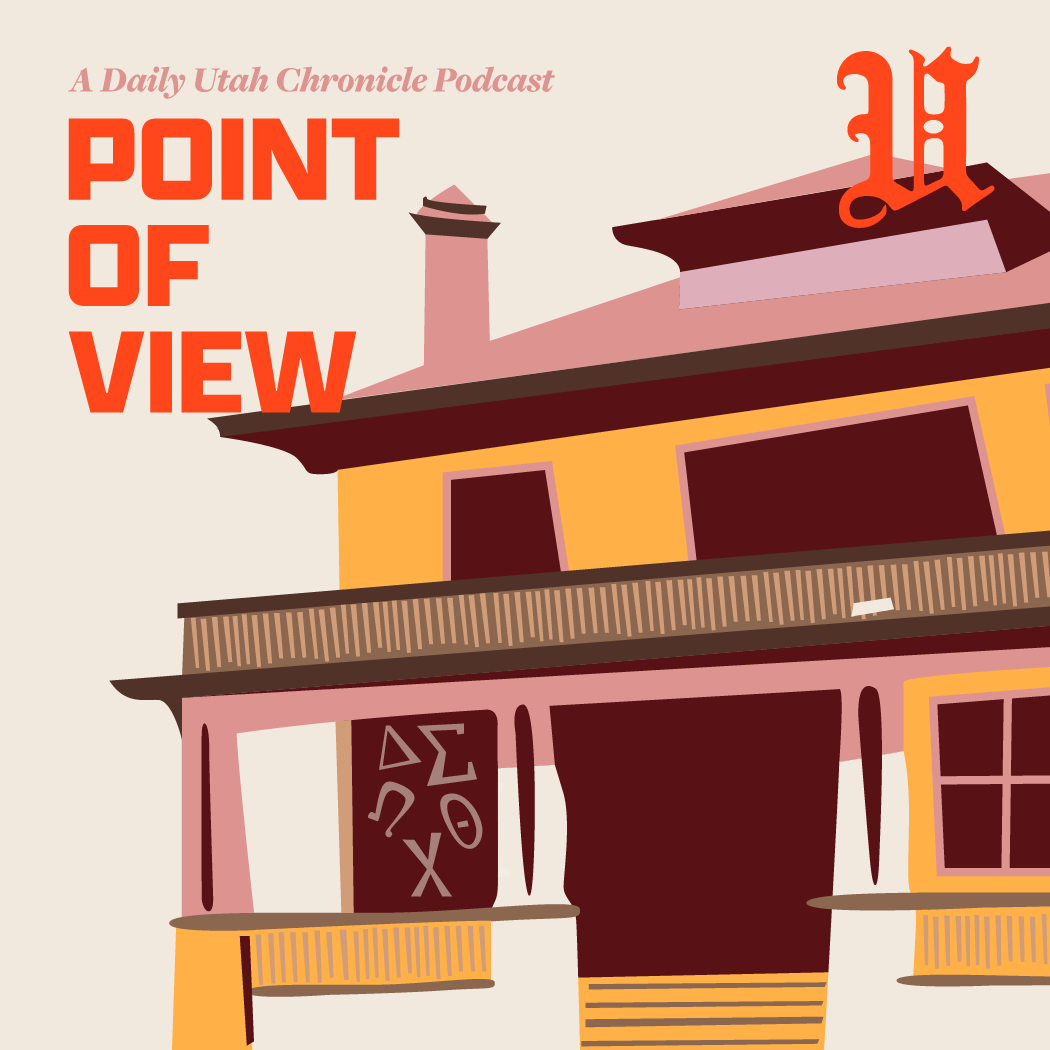“Black people can’t be racist — racism describes a system of disadvantage based on race,” said character Samantha White in “Dear White People,” the smart indie comedy that saw a theatrical release in the United States last month. Tessa Thompson’s character’s statement is unqualified; no further explanation is needed. In real life, however, as in the film, it is too often the case that benefactors of privilege wish to combine their own problems with systemic inequities. While white people may in rare cases experience race-based discriminatory behavior, they do not experience institutional racism.
I am one of those rare cases. In 2011 I was living in Hawaii and was assaulted by an anti-white gang on the campus of the school I was attending. The assault left me critically injured, and it took me well over a year to recover. The circumstances surrounding the event made it clear that racial tensions were the motivation; I was not robbed, and it appeared that my person was not a specific target for any reason other than my race.
The indirect cause of my assault was the long-standing treatment of Polynesians by whites. There is an ugly history of Western imperialism throughout the Pacific that has poisoned race relations into the 21st century. Hawaii’s annexation by the U.S. in the 1890s essentially entailed use of military force to turn control of the islands over to the owners of what is now the Dole Food Company. Since then, native Hawaiians have been forced to become cultural losers by whites, as evidenced by events from the cultural appropriation of surfing by Australian short-boarders in the 1970s to the current state of land ownership in the islands.
I was probably assaulted by a group of people who had been exposed to a violent variant of the ideology of the Hawaiian sovereignty movement — it’s not ironic that the campus I was assaulted on offensively features on its main building a mural depicting a crowd of natives saluting two white men in suits, who are in the process of raising an American flag. The assault was not completely exceptional; many whites on the islands keep their children home on the last day of school, which is locally known as “Kill Haole Day.”
The varied, virulent strains of ideas about racial inferiority in the West have roots in the Western slave trade. Most are relatively modern in origin, having arisen retroactively as justification for the mistreatment of enslaved and other politically disadvantaged peoples. We do not live in a post-racial society, so it is vital to recognize that historical and extant racism in the West is the product of mainstream Western — and therefore white — culture.
As a white male, I recognize that I don’t have anything new to add to this discussion, other than to lend my support and story to the disadvantaged. I did not experience racism; I encountered the fallout from a long tradition of violence against people of color. While I do not excuse the actions of my attackers, I can recognize the motivation behind their violent actions.
The sad truth is that it took me some time to come around to this understanding. Our textbooks, various privileges and culture often blind us to the very real and ugly fact that racism is still a powerful ideological force in this country. All too often, excuses are made for systemic injustices against people of color. The victim-blaming character assassinations of Michael Brown and Darrien Hunt may currently be the most discussed of these injustices, but they are only the most public and egregious examples of fights lost daily by people of color to a system that favors whites.
The noble cause of anti-racism is hampered when stories like mine are used to support the idea that institutional racism is something of a two-way street. It is past time that we acknowledged that white culture is solely responsible for engendering racist attitudes in this country, and that we do not live in a post-racial society. Our hope for a society devoid of racial violence depends upon it.









